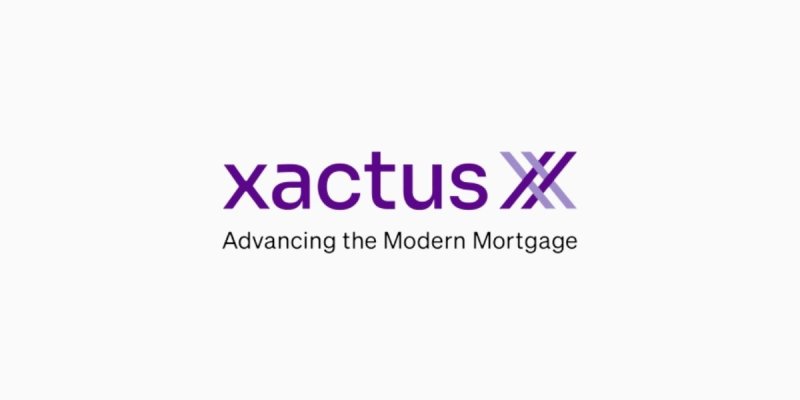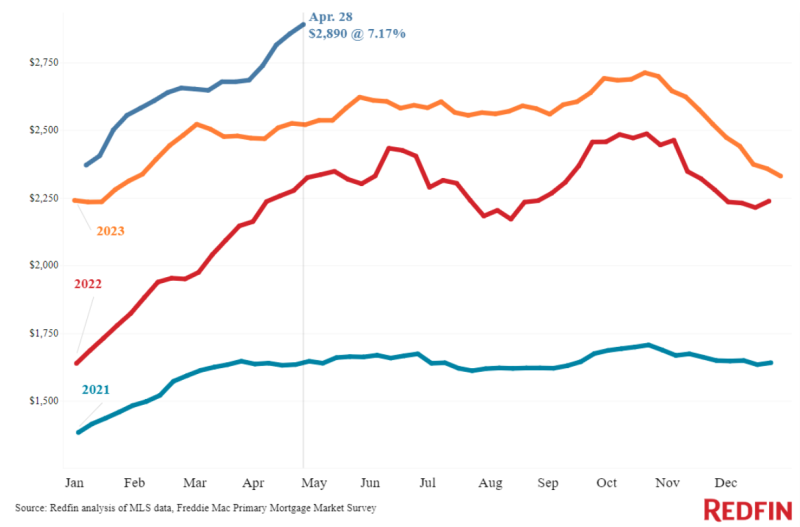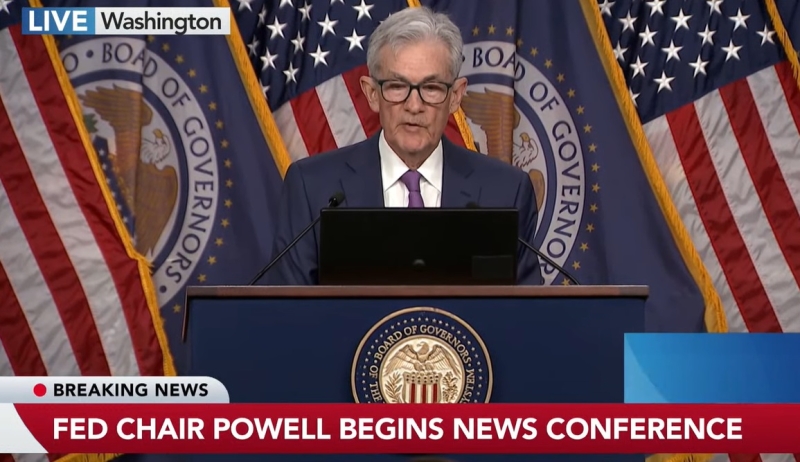
Reverse mortgages can provide an essential risk management tool for millions of retirees.
- Retirees can dramatically reduce exposure to longevity and market risks while growing their investment portfolios.
- A reverse mortgage as an alternative source of cash flow to a traditional investment portfolio hold the greatest benefit for mass affluent Americans.
- Due to the rapid growth in property values, homeowners aged 62 and older have amassed more than $10 trillion in housing wealth.
- Those who use a reverse mortgage as a buffer asset in down-years stand to reduce their exposure to market volatility by nearly 10 times and significantly increase their net worth over a 30-year retirement.
A new study published today by the Journal of Financial Planning reveals that reverse mortgages can provide an essential risk management tool for millions of retirees. Retirees can dramatically reduce exposure to longevity and market risks while growing their investment portfolios.
Retirement solutions company, Finance of America Reverse (FAR), recognizes the importance of the study, finding that retirement strategies that use a reverse mortgage as an alternative source of cash flow to a traditional investment portfolio hold the greatest benefit for mass affluent Americans. Those mass affluent Americans are generally defined as having $100,000 to $1.5 million in investable assets.
“When it comes to reducing investment risks, this study is perhaps one of the most significant findings since the prevailing Modern Portfolio Theory (MPT) was introduced in 1952,” said Phil Walker, vice president of strategic partnerships and retirement strategies at FAR and a co-author of the study with Drs. Barry and Stephen Sacks. “So many retirees worry that their investments won’t be able to support their lifestyles or last the length of their retirement journeys, and those who draw from their portfolios when markets are depressed are at a permanent disadvantage that they’ll never recoup. Including a reverse mortgage through a Coordinated Withdrawal Strategy solves for this by lowering retirees’ risk of running out of money and substantially increasing their gains over time.”
Market volatility poses a risk for retirees with the losses of a down-market year impacting portfolio growth and, consequently, retirees' available income and overall quality of life. Those who use a reverse mortgage as a buffer asset in down-years stand to reduce their exposure to market volatility by nearly 10 times and significantly increase their net worth over a 30-year retirement.
Due to the rapid growth in property values, homeowners aged 62 and older have amassed more than $10 trillion in housing wealth, according to the National Reverse Mortgage Lenders Association. Although some mass affluent retirees choose to live off real estate investments, royalty incomes, dividends, or other passive income streams, for a vast majority the easiest option is to tap into home equity via a reverse mortgage. Because the proceeds of a reverse mortgage are not taxable, it is likely the most cost-effective alternative income source for retirees.
The study also provides insight for many financial planners and the overall wealth advising industry. It points to a massive demographic shift for the reverse mortgage industry and strengthens its position as a broader wealth management solution for wealthier Americans entering retirement.
While wealth managers have abided by the MPT principles of asset allocation and portfolio diversification for over half a century, reverse mortgages have been largely overlooked due to outdated pre-conceptions. Yet, the results of the study suggest that advisors should consider home equity as an asset in retirees portfolios.
“These discoveries will have massive implications for the retirement planning community and the advisors of the nearly 20 million mass affluent Americans in the coming years,” according to Walker. “The results are clear that most mass affluent retirees should have a retirement plan that includes a reverse mortgage strategy from day one, and financial advisors should consider this strategy as a part of their fiduciary responsibility to minimize risk for retirees.”
“This momentous research supports what many in the industry have long believed and evangelized,” added FAR president Kristen Sieffert. “Home equity can and should be considered as part of a balanced, well-rounded retirement plan. It also builds upon our efforts to produce more research and educational materials that explain the benefits of using home equity to supplement a retirement plan. The study will hopefully help educate Americans and their advisors about the merits of reverse mortgages as they chart a financial roadmap that helps them thrive in their golden years in ways they had not thought possible.”




